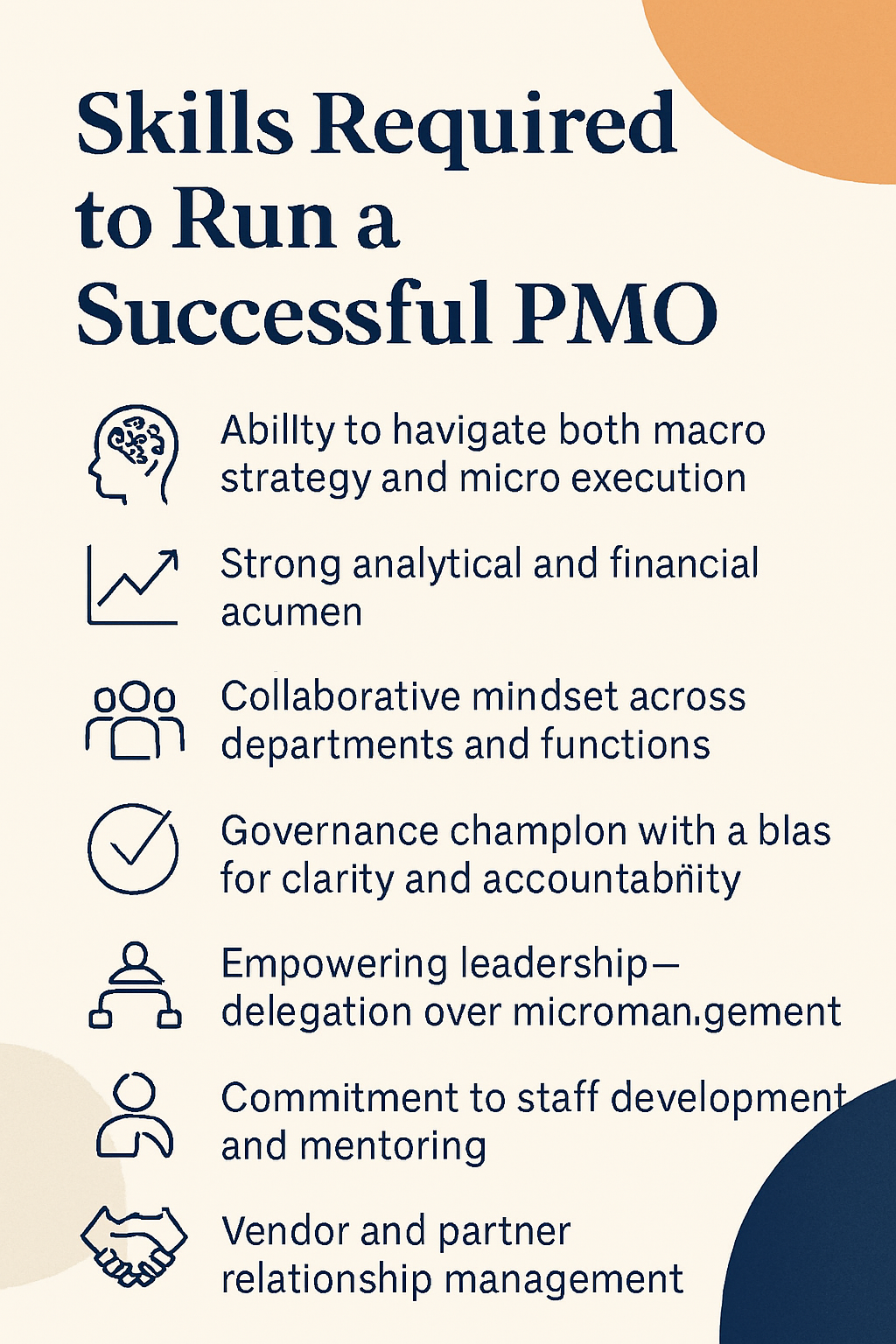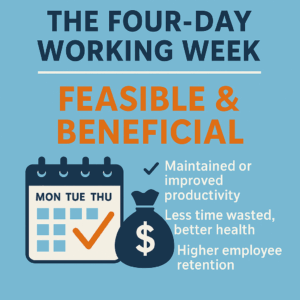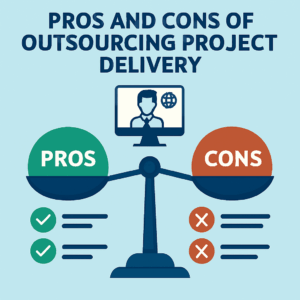By Alisdair Blackman
Project Management Offices (PMOs) often get a bad rap—and not without reason. Many are born out of executive urgency, a reactive response to mounting transformation demands. Yet too often, they’re led by senior IT staff who’ve plateaued in the organisational hierarchy, rather than by seasoned project leaders, strategists, or entrepreneurial talent. That misalignment is at the heart of why so many PMOs fail to deliver.
The role of the PMO varies widely. Some operate at the tactical delivery level; others are embedded in strategic planning and enterprise transformation. This variability makes PMO leadership complex—and finding the right person to lead it, even more so.
Core Skills of a High-Impact PMO Leader
To run a successful PMO, you need more than project credentials. You need a hybrid skill set that spans strategy, operations, and people leadership:
- Ability to navigate both macro strategy and micro execution
- Strong analytical and financial acumen
- Collaborative mindset across departments and functions
- Governance champion with a bias for clarity and accountability
- Empowering leadership—delegation over micromanagement
- Commitment to staff development and mentoring
- Vendor and partner relationship management
The PMO is not a one-size-fits-all function. Its success depends on the ability to unify diverse disciplines—project management, IT, finance, change, and communications—into a cohesive, outcome-focused capability.
Rethinking the PMO Model
Australian businesses should stop viewing PMOs as administrative overhead and start treating them as standalone business units. The growing trend toward outsourced PMOs reflects this shift—driven by the need to reduce budget waste, consolidate risk, and sharpen delivery focus.
In my view, PMOs should be led by individuals with CEO or MD-level experience—people who thrive in complexity, wear multiple hats, and know how to build high-performing teams from diverse backgrounds. The best PMO leaders aren’t just project managers – they’re business architects.


























